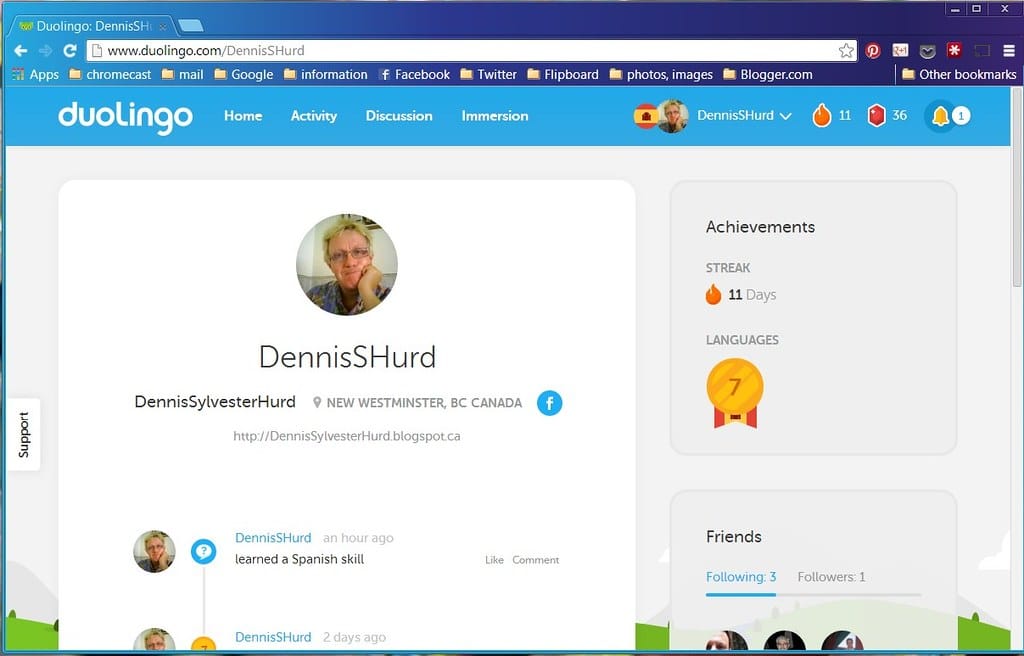Duolingo Stock Crashes 38% as OpenAI's GPT-5 Demo Signals AI Disruption of Language Learning
The language-learning giant faces an existential threat as artificial intelligence promises to revolutionize how we acquire new languages
Duolingo's stock price plummeted 38% in after-hours trading following OpenAI's demonstration of GPT-5's advanced language application-building capabilities, sending shockwaves through the edtech sector and raising fundamental questions about the future of traditional language learning platforms.
The Pittsburgh-based company, which has built a $7.4 billion empire on gamified language lessons, saw its shares tumble from $287 to $178 as investors rapidly reassessed the competitive landscape in the wake of OpenAI's latest AI breakthrough.
The GPT-5 Demonstration That Changed Everything
During OpenAI's livestreamed showcase, the company demonstrated GPT-5's ability to create sophisticated language learning applications in real-time, complete with personalized curricula, conversational practice partners, and adaptive assessment tools. The AI system generated a fully functional Spanish learning app in under 10 minutes, featuring:
- Real-time conversation practice with native-level AI tutors
- Personalized lesson plans that adapt to individual learning styles
- Instant grammar correction and pronunciation feedback
- Cultural context integration for authentic language immersion
"What we're seeing is the democratization of language education," said Dr. Sarah Chen, an AI researcher at Stanford University. "GPT-5 isn't just creating apps—it's creating personalized tutors that can scale infinitely."
Duolingo's Vulnerability Exposed
Duolingo's business model, built on subscription-based access to pre-structured lessons and streak-based gamification, suddenly appears antiquated compared to GPT-5's promise of unlimited, personalized instruction. The company's key differentiators—convenience, gamification, and accessibility—are now challenged by an AI that can provide:
Unlimited Practice Conversations: Unlike Duolingo's limited conversational exercises, GPT-5 can engage learners in endless, contextually relevant dialogues on any topic.
True Personalization: While Duolingo offers some adaptive features, GPT-5 can create entirely unique learning paths based on individual interests, proficiency levels, and learning preferences.
Comprehensive Language Support: Duolingo offers 40+ languages, but GPT-5 can potentially teach any language combination, including rare dialects and specialized vocabulary.
Market Reaction and Investor Concerns
The 38% stock decline reflects deep investor anxiety about Duolingo's long-term viability. Trading volumes spiked to 15 times the daily average as institutional investors rushed to reassess their positions.
"This isn't just about competition—it's about technological obsolescence," explained Maria Rodriguez, senior analyst at EdTech Insights. "When a general AI can replicate and exceed your core product offering in minutes, you're facing an existential business crisis."
The market reaction mirrors similar disruptions seen when ChatGPT initially launched, affecting companies from Chegg to Pearson. However, the specificity of GPT-5's language learning capabilities makes this threat particularly acute for Duolingo.
Duolingo's Response and Path Forward
Duolingo CEO Luis von Ahn addressed the market concerns in an emergency investor call, emphasizing the company's "unique community-driven approach" and "proven engagement metrics." The company highlighted its 500 million registered users and strong retention rates as competitive moats.
"Learning a language is about more than just information transfer—it's about habit formation, community, and motivation," von Ahn stated. "While AI can provide knowledge, Duolingo provides the psychological framework that keeps people learning."
The company announced it would accelerate its own AI integration efforts, including partnerships with leading AI providers to enhance its platform's capabilities while maintaining its core engagement mechanics.
Broader Implications for EdTech
Duolingo's stock crash signals a broader reckoning for the education technology sector. Companies that rely on structured, content-delivery models face similar disruption risks as AI becomes capable of generating personalized educational experiences on-demand.
However, some analysts suggest that established platforms may find ways to adapt by focusing on community features, motivation systems, and integration with AI technologies rather than competing directly with them.
Conclusion: A New Chapter in Language Learning
The 38% crash in Duolingo's stock price represents more than market volatility—it's a clear signal that the language learning industry stands at an inflection point. While GPT-5's capabilities are undeniably impressive, Duolingo's fate will ultimately depend on its ability to evolve beyond content delivery toward creating irreplaceable learning experiences.
The companies that survive this AI disruption will be those that successfully combine artificial intelligence capabilities with uniquely human elements: community, motivation, and sustained engagement. For investors and language learners alike, the revolution in AI-powered education is just beginning.

